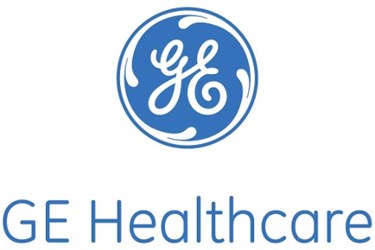GE Healthcare Signs Its First Managed Equipment Service Agreement In the U.S.

GE Healthcare has inked a 14-year managed equipment service (MES) agreement to exclusively supply the Heritage Valley Health System (HVHS) with advanced imaging equipment. This deal is the first of its kind GE has signed in the U.S., and it is part of a growing industry trend aimed at improving patient access to innovative medical technology while giving manufacturers a chance to prove the value of their products.
For many smaller healthcare systems, the latest in medical technology is not always financially feasible, because they lack the working capital to make large investments. By signing an exclusive MES deal with a med tech company and making fixed payments over time, these hospitals can continuously update their equipment without overly stressing their budget.
John Luellen, COO of HVHS, commented in a press release that the strategic deal with GE — which will provide the latest MRI and CT scanners — will allow HVHS to be “two steps ahead of innovation at all times—in technology, in expertise and in business. The MES agreement is a fixed capital expense that includes replacement and associated construction costs as well as ongoing staff training and service.”
HVHS stretches across counties in western Pennsylvania, eastern Ohio and the West Virginian panhandle, servicing approximately 167,000 patients at its main campus and 18 satellite facilities.
“Through strategic models, such as MES structures, health systems like Heritage Valley prepare for the future with advanced imaging technologies and services, “ said Lee Cooper, CEO of GE Healthcare in the U.S. and Canada. “As part of its agreement with GE Healthcare, Heritage Valley will move from a model of fluctuating capital expenditures to one that is more predictable and consistent over a 14-year commitment.”
The MES strategy is equally attractive to medtech companies who must prove their value in saturated markets and negotiate with hospitals concerned with reimbursement and profit margins. By agreeing to shoulder some risk inherent in new technology, medtech manufacturers can introduce new devices and equipment and build their reputation.
In addition to GE, Medtronic, St. Jude, J&J, and Phillips, all have entered into these deals with hospital systems worldwide, providing the latest in cardiac devices and orthopedic implants to hospitals that might otherwise be unwilling to take the risk.
“Risk-sharing in our commercial transactions is going to be an increasing component going forward,” Medtronic CEO Omar Ishrak told Reuters last July. “We are really doing this to promote a technology and a benefit we know exists, to remove any doubt and speed up market acceptance.”
In November, GE signed a similar agreement with Humber River Hospital in Toronto, Canada. GE had been negotiating with MacKenzie Health System for an alliance that would help build a “smart hospital,” but that deal ultimately went to Philips.
